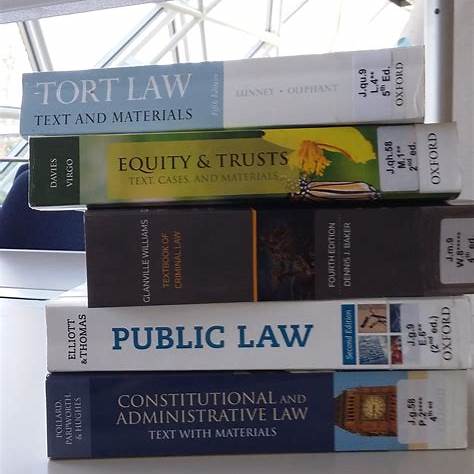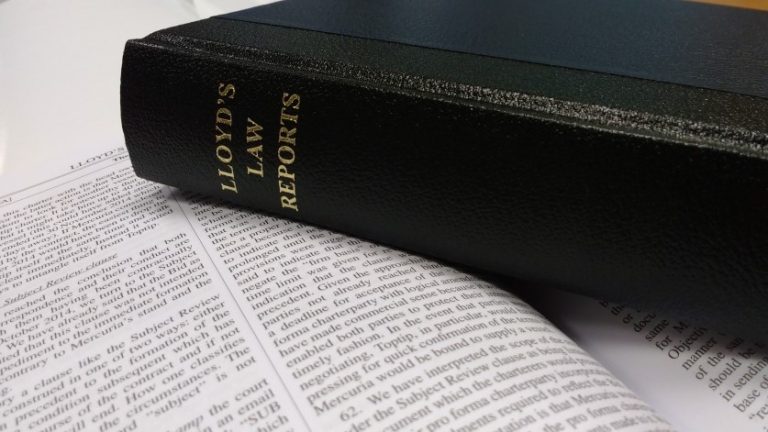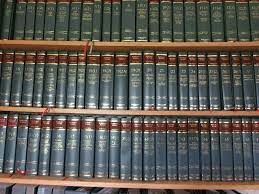Law with OLD Law Books
Law with OLD Law Books: Law is a system of rules created and enforced by a governing authority to regulate behavior, maintain order, resolve disputes, and protect the rights and freedoms of individuals within a society. It provides a framework for the functioning of society by outlining what is permissible and setting consequences for violations.

Key Characteristics of Law:
- Rules and Regulations: Law consists of binding rules established by legislative bodies, courts, or other legal authorities.
- Enforceability: Laws are enforced by state institutions like courts, police, and regulatory agencies.
- Authority: Laws derive their authority from the constitution, government, or recognized legal institutions.
- Applicability: Laws apply to all individuals, entities, or organizations within a jurisdiction.
- Purpose: It aims to ensure justice, resolve conflicts, maintain social order, and uphold individual rights.
Types of Law:
- Public Law: Governs the relationship between individuals and the state.
- Constitutional Law: Focuses on the principles and organization of government.
- Administrative Law: Regulates government agencies and public officials.
- Criminal Law: Deals with offenses against society and prescribes punishments.
- Private Law (Civil Law): Governs relationships between individuals or entities.
- Contract Law: Regulates agreements and obligations.
- Tort Law: Covers civil wrongs like negligence or defamation.
- Family Law: Deals with matters such as marriage, divorce, and custody.
- Property Law: Focuses on ownership and use of property.
- International Law: Governs relationships between nations and international entities.
Sources of Law:
- Legislation (Statutory Law): Laws created by legislatures or parliaments.
- Common Law: Judge-made law developed through court decisions.
- Constitution: The supreme law that sets out the framework of government and fundamental rights.
- Customary Law: Traditional practices recognized as binding within certain communities.
- International Treaties: Agreements between nations that have legal force.
Functions of Law:
- Regulation: Ensures predictable behavior in society.
- Protection: Safeguards individual rights and property.
- Justice: Provides mechanisms to resolve disputes fairly.
- Social Order: Maintains peace and prevents anarchy.
Branches of Legal Study and Practice:
Law encompasses various disciplines such as corporate law, environmental law, human rights law, intellectual property law, and more, each focusing on specific areas of societal or international concern.
A good seller of old law books in the UK should have the following features to ensure quality, reliability, and customer satisfaction:
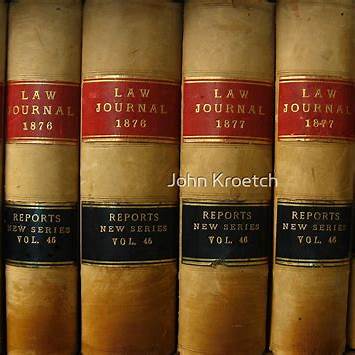
1. Comprehensive and Accurate Catalog
- Offers a wide range of titles covering various areas of law (e.g., criminal law, contract law, international law).
- Includes detailed descriptions of each book, such as edition, publication year, author, and condition.
- Clearly indicates whether books are annotated or unmarked.
2. Expertise in Legal Publications
- Knowledgeable about the value, rarity, and relevance of legal books.
- Able to provide recommendations for students, professionals, or collectors.
3. Transparent Pricing
- Competitive pricing that reflects the book’s age, condition, and rarity.
- Clear communication about discounts, offers, or trade-in options.
4. Book Condition Standards
- Honest descriptions of the book’s physical condition (e.g., binding, pages, annotations, or damages).
- Clear grading system for book conditions (e.g., new, like-new, very good, good, acceptable).
5. Ease of Access and Ordering
- User-friendly website or catalog for online browsing and ordering.
- Search and filter options to help customers find specific titles easily.
6. Customer Reviews and Reputation
- Positive feedback from customers, particularly regarding quality, delivery, and customer service.
- Recognized affiliations (e.g., ABA membership or other trade associations).
7. Shipping and Delivery
- Offers affordable, secure, and reliable shipping options.
- Provides tracking for purchases and ensures proper packaging to prevent damage.
8. Return and Refund Policy
- Flexible return policy for books that do not meet the customer’s expectations or have undisclosed defects.
- Clear refund or exchange process.
9. Specialization in Rare or Antiquarian Law Books
- Availability of rare or collectible legal texts for enthusiasts and collectors.
- Expertise in assessing the authenticity and value of antiquarian books.
10. Sustainability and Ethical Practices
- Promotes sustainable practices, such as recycling or reusing books.
- Transparent sourcing of second-hand books to ensure they are obtained legally and ethically.
11. Customer Support
- Responsive customer service for inquiries about inventory, orders, or legal book recommendations.
- Support through multiple channels (e.g., phone, email, or live chat).
Seller
By focusing on these features, a seller of old law books can build trust and provide value to customers in the legal field.
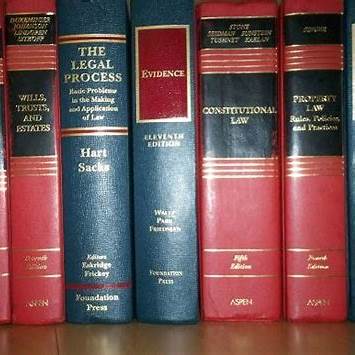
Here are some of the top, well-regarded old law books from the UK, many of which are still influential today due to their historical significance, foundational principles, or collectible value:
1. “Commentaries on the Laws of England” by Sir William Blackstone (1765-1769)
- Significance: A seminal work that laid the foundation for common law jurisprudence. It systematically categorized and explained English law and its principles.
- Value: First editions and early prints are highly collectible and historically significant.
2. “Coke on Littleton” by Sir Edward Coke (1628)
- Significance: A landmark commentary on property law and feudal principles, blending common law and statute law.
- Value: Early editions are prized by collectors and legal historians.
3. “Institutes of the Laws of England” by Sir Edward Coke (1600s)
- Significance: Known as “The Institutes,” this is a comprehensive legal treatise addressing property, contracts, and criminal law.
- Value: Rare editions are key texts for those studying the evolution of English law.
4. “Bracton on the Laws and Customs of England” (13th Century)
- Significance: A medieval legal treatise attributed to Henry de Bracton, focusing on the practice and principles of English common law.
- Value: One of the earliest systematic works on English law. Original manuscripts are incredibly rare.
5. “The Digest of Justinian” (Roman Law)
- Significance: While not strictly English, this compilation of Roman law influenced English legal development and common law reasoning.
- Value: Translations and early commentaries are collectible.
6. “Pollock and Maitland: The History of English Law” by Sir Frederick Pollock and Frederic William Maitland (1895)
- Significance: This remains a cornerstone text on the origins and evolution of English law up to the 13th century.
- Value: First editions are sought after by scholars and collectors.
7. “The Commentaries on the Laws of the Constitution” by A.V. Dicey (1885)
- Significance: A classic text on constitutional law, defining the rule of law and parliamentary sovereignty.
- Value: Older editions hold historical and academic value.
8. “The Principles of Equity” by Edmund Henry Turner Snell (1868)
- Significance: One of the definitive texts on equity law, used by students and practitioners alike.
- Value: First editions are significant for historical and academic study.
9. “Anson’s Law of Contract” by Sir William Reynell Anson (1879)
- Significance: A foundational text on contract law, often used as a reference in legal education.
- Value: Older editions are collectible and remain a resource for understanding traditional contract law principles.
10. “Benjamin’s Sale of Goods” (1868)
- Significance: A leading authority on the law of sale of goods in England, influential in both academic and professional circles.
- Value: Early editions offer insight into the development of commercial law.

Why Collect Old Law Books?
- Historical Significance: They reflect the evolution of English law and legal thought.
- Educational Value: Still referenced in legal studies for foundational principles.
- Collectibility: Rare editions and original prints can be valuable to collectors and legal professionals.
Let me know if you’re looking to acquire or learn more about any of these! Order now

